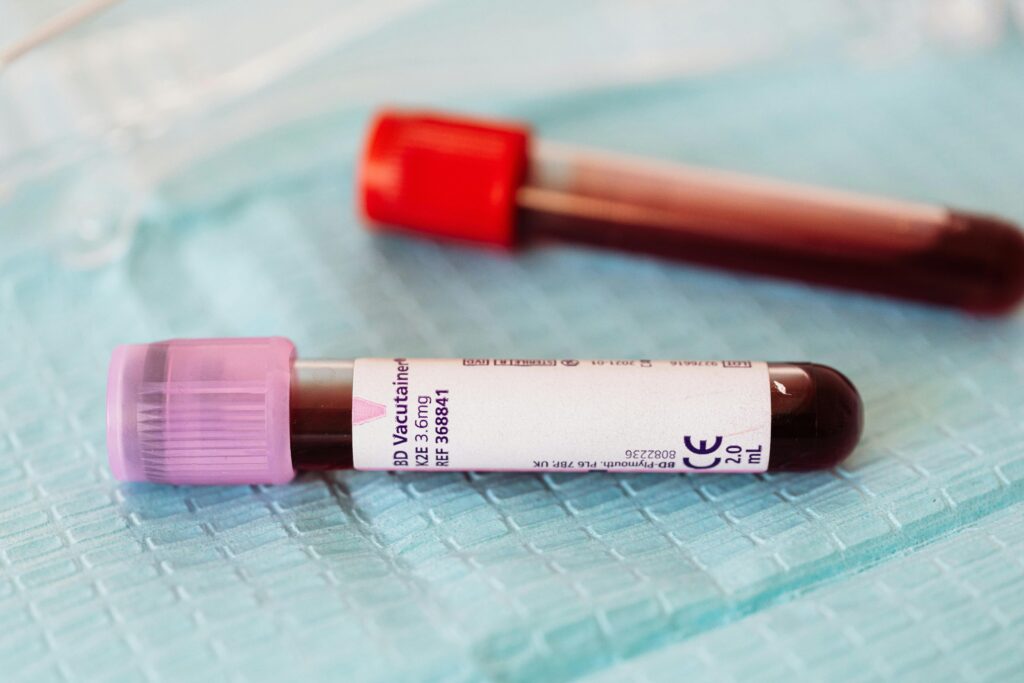If you have ever received a call from 405-832-6426 soliciting donations, you might have wondered about its legitimacy and purpose. Donation calls are not uncommon, but understanding their nature and implications is crucial in today’s digital age. We article, we will delve into the intricacies of 405-832-6426 donation calls, exploring their origin, impact, and preventive measures.
What is 405-832-6426 donation call?
The 405-832-6426 donation call is a type of solicitation where individuals receive phone calls requesting monetary contributions for various causes or organizations. These calls often target unsuspecting individuals and can be both legitimate and fraudulent.
Understanding the Context
People receive donation calls for various reasons, ranging from supporting charitable causes to fundraising for political campaigns. However, some calls, including those from 405-832-6426, raise concerns due to their frequency and questionable motives.
Impact on Individuals
Receiving donation calls can have a significant psychological impact on individuals, causing stress and anxiety. It is essential to develop strategies to cope with such calls effectively, including setting boundaries and seeking support from trusted sources.
Legitimacy Concerns
Distinguishing between legitimate and fraudulent donation calls is crucial to avoid falling victim to scams. Individuals should be wary of calls that pressure them to donate immediately or request sensitive information.
Consumer Protection Measures
Various laws and regulations govern donation calls to protect consumers from fraud and abuse. Additionally, individuals can take proactive steps to safeguard themselves from scams, such as registering their phone numbers on the national Do Not Call Registry.
Tips for Dealing with Donation Calls
Effective communication and assertiveness are key when dealing with donation calls. Setting clear boundaries and asking questions can help individuals assess the legitimacy of the call and make informed decisions.
Community Response
Communities play a vital role in raising awareness about donation call scams and supporting affected individuals. Collaborative efforts between government agencies, nonprofits, and community organizations are essential in combating these scams effectively.
Case Studies
Real-life examples illustrate the detrimental effects of donation call scams on individuals and communities. By learning from these cases, we can identify common tactics used by scammers and take preventive action.
Role of Technology
Advancements in technology have led to innovative solutions for detecting and blocking fraudulent calls. Individuals can leverage call-blocking apps and other tools to mitigate the risk of receiving donation call scams.
Educational Campaigns
Educating the public about donation call scams is paramount in preventing future incidents. Government agencies and nonprofits can launch educational campaigns to raise awareness and empower individuals to protect themselves from scams.
Preventive Measures
Taking proactive measures, such as verifying the legitimacy of donation calls and reporting suspicious activity, can help minimize the risk of falling victim to scams. Staying informed and vigilant is essential in safeguarding personal and financial information.
Future Trends
As technology continues to evolve, so do the tactics used by scammers. Predicting future trends in donation call scams can help stakeholders anticipate challenges and develop proactive strategies to address them effectively.
Conclusion
405-832-6426 donation calls raise important questions about consumer protection, privacy, and ethical fundraising practices. By understanding the context, impact, and preventive measures associated with these calls, individuals can empower themselves to make informed decisions and protect their financial well-being.

